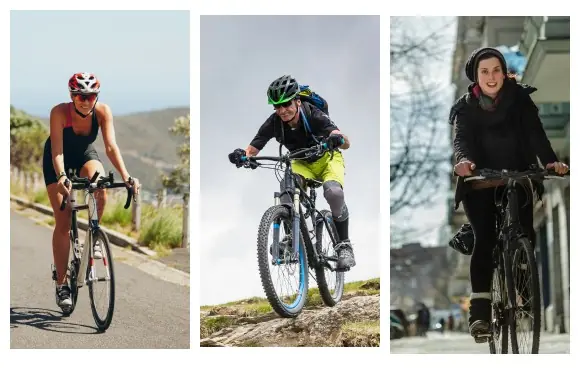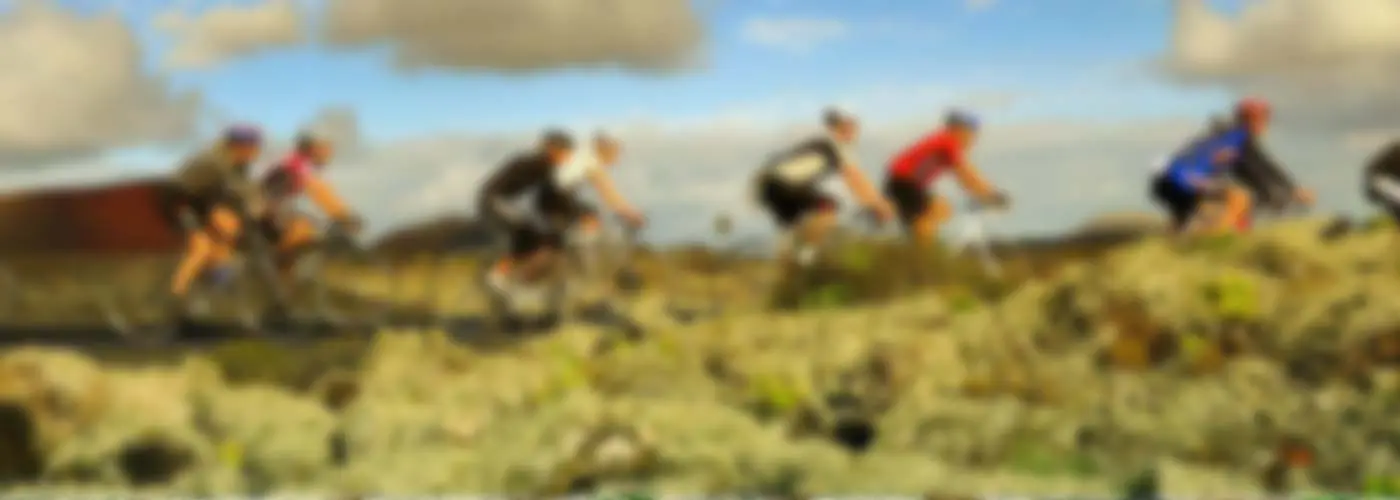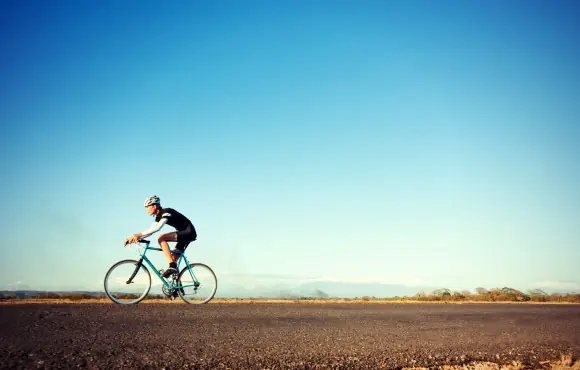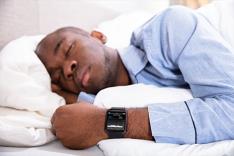More:?9 Healthy Reasons to Drink Beer
But the rest of the questions you're feeling nervous about asking? Those are all fair game. In fact, if you're investing significant cash in a new ride, most of these questions are important, no matter how mundane or rudimentary they may seem.
More:?Cannondale's CAAD12 Disc Dura-Ace
Which brings up a good point: If the salesperson you're buying from makes you feel silly for asking questions, consider taking your business elsewhere. "The store should make you feel comfortable," says Steve Beheler, operations manager for Spokes Etc., a Virginia-based chain of bicycle shops. Look for a retailer where the salespeople encourage you to ask questions. Then lob both your softballs and hardballs at them.
If you're not sure what to ask, reference this list of nine questions for every buyer--from the cyclist purchasing an entry-level commuter to the enthusiast picking up a $6,000 speed machine.
Read the original article published on Bicycling.com.
Do I know what I want to use this bike for?
1 of 10
Okay, you need to ask this of yourself, not the salesperson. But Emily Bremer, the women's marketing manager for Trek Bikes, stresses that this is probably the most important thing to sort out before you begin your search. "Think about what you want versus what you need," she says, adding that the two may be pretty different—you definitely don't need carbon wheels to join in on the local punchy group ride, even if you'd like to have them. Conversely, to join in on that same ride, you'll need a road bike, even though you might not want to pony up the cost of one. Most importantly, think about what you're going to do the most with the bike and what kind of riding you have nearby.
Find
Cycling EventsDo I even need to buy a bike at a bike shop?
2 of 10
You can buy anything on the Internet these days: granulized fox urine, tinfoil hats, and gourmet, food-grade crickets, to name a few. Of course, that means you can also purchase your new bike with the click of a button. But just because you can doesn't mean you should (looking at you, guy thinking about stocking up on the fox urine).
When you buy a bike from an authorized retailer, you know that the bike was assembled by a professional mechanic, and you begin to build a rapport with that shop—a great way to find out about new routes or group rides or maintenance clinics and events. You also ensure you're not getting a counterfeit product, which is a continuing problem in the bike industry.
Even if you're not planning on buying a bike online, buying from a shop can still have benefits. Shop bikes generally include some sort of warranty on the frame and components—something you won't get at a big box superstore or when buying a used bike.
Find
Cycling EventsCan I ask for a discount?
3 of 10
"You can always ask," says Beheler, but margins on bikes are anemic at best, so be prepared for rejection. However, he says shops are often willing to give discounts on accessories, especially when purchased in tandem with a bike.
Oh, and no, the bike shop probably doesn't want to sponsor your next race season. "Not even a super awesome Cat. 1 rider should just assume a discount is appropriate for them personally," says Adrian Flores, the general manager of Austinbikes Service Station, in Austin, Texas. Flores adds that discounts are often earned not by talent but by loyal patronage.
Find
Cycling EventsCan I take a test ride?
4 of 10
"Definitely take a test ride—it will validate a credible salesperson's recommendation," says Beheler. In fact, if a bike shop won't let you take the bike for a quick spin, you should probably shop elsewhere. "Make sure they show you how all the features on the bike work—including the shifting and the brakes," says Beheler.
Find
Cycling EventsHow do I know if a bike fits me?
5 of 10
This can be hard intel to gather from a 10-minute test ride, so you'll need to go with your gut and what your salesperson is suggesting (see above about finding a salesperson you trust). "Mainly you shouldn't be hyper-extended trying to reach your handlebars," says Bremer. If you're unsure of whether you're reaching too far, ask to test the same bike in the next size up and down. Comparison will make it clearer which one fits best.
You'll likely end up spending hours on your bike, so you want to feel comfortable riding. Nothing should feel awkward right off the bat—except for maybe your saddle. "Most saddles are a little uncomfortable at first, especially if you haven't been riding at all," says Bremer. One last question worth asking is whether your bike comes with any sort of fitting, and whether the shop will swap out parts on your bike to ensure you get the perfect fit—some will, but others won't.
Find
Cycling EventsDo I have to buy a gender-specific bike? What's the difference?
6 of 10
No, you definitely don't. It's probably worth learning about them, though. "What makes a women's specific bike different varies from brand to brand," says Bremer. Some brands use different carbon thicknesses throughout the frame to make lighter, more compliant bikes, while others tweak features to include things like a shorter reach to the handlebars, narrower handlebars, and women's-specific saddles. "There are benefits to it, but it the geometry of the bikes doesn't apply to all women," says Bremer.
Furthermore, sometimes women-specific products actually work better for men. "It's pretty rare but it does happen," says Beheler. So if your salesperson suggests you try a bike that's not marketed towards your gender, don't be offended—they just want to make sure you're getting thebest bike fit.
Find
Cycling EventsHow many bikes should I test ride?
7 of 10
Beheler says you should ride at least two or three, but avoid the trap of trying every bike within a 100-mile radius. "If someone rides 10 bikes, it gets more confusing than anything else," he says.
Find
Cycling EventsCan I ask my bike shop to install a kickstand? What about accessories I bought online?
8 of 10
"If the bike can physically accommodate a kickstand, we'll put it—or anything else you want—on," says Beheler. While most hybrid and urban bikes can fit a kickstand, road and mountain models are generally a different story—ask your mechanic what the best way to lean them is. As for those accessories you ordered from Amazon, most shops will install them without issue, but you should expect to pay a fee to have them put on.
If you want to have a professional fit or a tune-up done on a bike you bought online, that's okay too. "It's encouraged to find a great fit for your bicycle, whether you buy it online, used from another person, or in the store. Find a fit-person you trust, and expect to pay for the services," says Flores.
Find
Cycling EventsDo bikes come with a warranty or included maintenance?
9 of 10
It varies. You should think of your purchase as the beginning of a long (and hopefully happy) relationship with your local bike shop. This means you'll probably bring your bike in a few times a year for servicing and repairs. Some shops include a level of service with the purchase of a bike; you should ask about your shop's policy. You should also find out what the manufacturer's warranty covers. Often frames are covered "under normal use" which doesn't include damage from crashes. Finally, ask about whether the shop will help you navigate the warranty process or whether you'll be on your own.







Discuss This Article